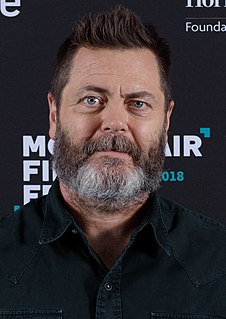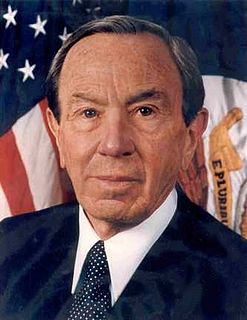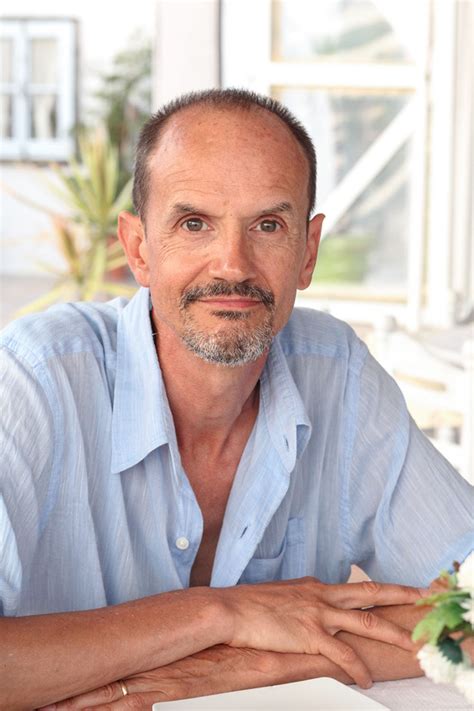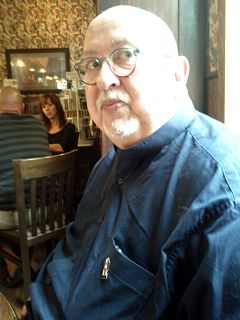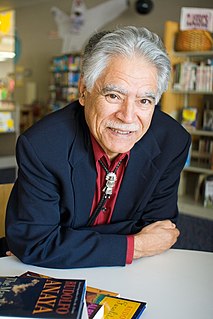A Quote by Harper Lee
It is all fiction, only autobiographical in the sense it is about a small town. None of the incidents in the book ever happened to me as a child. I didn't have an eventful childhood.
Related Quotes
I first read Wendell Berry's short-story collections, "Fidelity" and then "Watch with Me." They just knocked my socks off. The characters and the fellowship of the small town reminded me of my own small town in Illinois.Then I discovered that, much like J.R.R. Tolkien and C.S. Lewis, that all of Berry's fiction was centered in this same town.
I know what I really want for Christmas. I want my childhood back. Nobody is going to give me that. I might give at least the memory of it to myself if I try. I know it doesn't make sense, but since when is Christmas about sense, anyway? It is about a child, of long ago and far away, and it is about the child of now. In you and me. Waiting behind the door of or hearts for something wonderful to happen. A child who is impractical, unrealistic, simpleminded and terribly vulnerable to joy.
Why not take a science fiction comic and put the characters in a small town to gain their particular perspective? A lot of that comes from me growing up in a small town on a farm, so that's what I know and what I'm comfortable with. My drawing style is also very sparse and minimalist, so a rural setting complements that.
A woman journalist in England asked me why Americans usually wrote about their childhood and a past that happened only in imagination, why they never wrote about the present. This bothered me until I realized why - that a novelist wants to know how it comes out, that he can't be omnipotent writing a book about the present, particularly this one.
I thought, "Well, I'm writing about early childhood, so maybe it would make sense to write about late childhood as well, early adulthood." Those were my thoughts, and this was how this crazy book [Winter Journal] was composed. I've never seen a book with pictures like at the end, pictures related to things you've read before.




